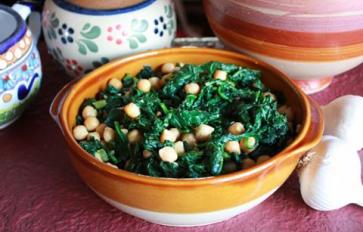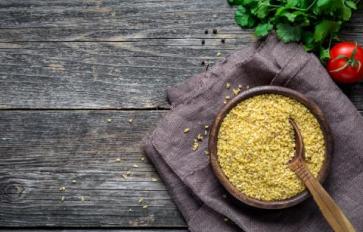
Tomatoes not only have great taste, but they add a vibrant red color to food in a way that few other fruits can. They taste great fresh, stewed, minced, or grilled. But just as tomatoes are useful in a combination of ways, they provide multiple health benefits to us. Beautiful tomatoes are good to the eyes, delicious to the palate, and good on the heart – in more ways than one.
Keeps Your Lovely Eyes Sharp
Tomatoes contain antioxidant chemicals called lutein and zeaxanthin. These two chemicals belong in a family of molecules with the fancy name of xanthophyll carotenoids. Regardless of whether you can pronounce those two words properly, the chemicals still protect you from molecules that harm your body. People who ate foods that were high in lutein and zeaxanthin had a lower chance of getting age-related macular degeneration (AMD). This protective effect of tomatoes in the eyes was especially true against neovascular AMD.
Fills Your Lungs With Protection
A study of lung cancer in men found that those who ate a lot of tomatoes had a lower risk than those who ate the least. The men were divided into five groups based on how many tomato chemicals they had in their bodies. Compared to those who had the least, the men who had the most lycopene, a chemical that is abundant in tomatoes, had 28% less lung cancer. Those who had the most lutein and zeaxanthin in their bodies had 17% less lung cancer.
Soothes Your Digestive Tract
Constipation is uncomfortable. One reason that people suffer from slow, stiff bowel movements is because their diet is lacking in fiber. Fiber from fruits and vegetables absorbs water as the food passes through our digestive system. Tomatoes’ high fiber content can also act as a natural stool softener.
Protects Your Urinary Tract
The antioxidants in tomatoes, including Vitamin C, have a protective effect against cancer of the bladder. A study of people in Los Angeles compared nearly 1,600 bladder cancer patients with a similar number of neighbors who did not have bladder cancer. The more carotenoids and vitamin C that were in people’s diets, the less chance they had of getting bladder cancer.
Reduces Strain On Your Heart
High levels of cholesterol and lipids in the bloodstream lead to heart attacks and strokes. The chemicals in tomatoes help to reduce the levels of these fat molecules in your blood. Part of how it does this is through the chemical lycopene. Lycopene causes immune cells called macrophages to produce less cholesterol. Macrophages that make too much cholesterol end up becoming part of the plaques that clog blood vessels.
References
Scripsema et al. “Lutein, Zeaxanthin, and meso-Zeaxanthin in the Clinical Management of Eye Disease.” Journal of Ophthalmology. 2015, 2015:865179.
Age-Related Eye Disease Study Research Group. “The relationship of dietary carotenoid and vitamin A, E, and C intake with age-related macular degeneration in a case-control study.” Archives of Ophthalmology. 2007.
Holick et al. “Dietary carotenoids, serum beta-carotene, and retinol and risk of lung cancer in the alpha-tocopherol, beta-carotene cohort study.” America Journal of Epidemiology. 2002, 156(6):536-47.
Castelao et al. “Carotenoids/vitamin C and smoking-related bladder cancer.” International Journal of Cancer. 2004, 110(3):417-23.
Palozza et al. “Effect of lycopene and tomato products on cholesterol metabolism.” Annals of Nutrition and Metabolism. 2012, 61(2):126-34.








